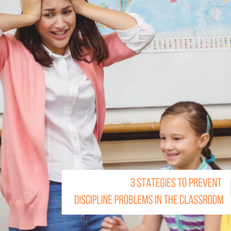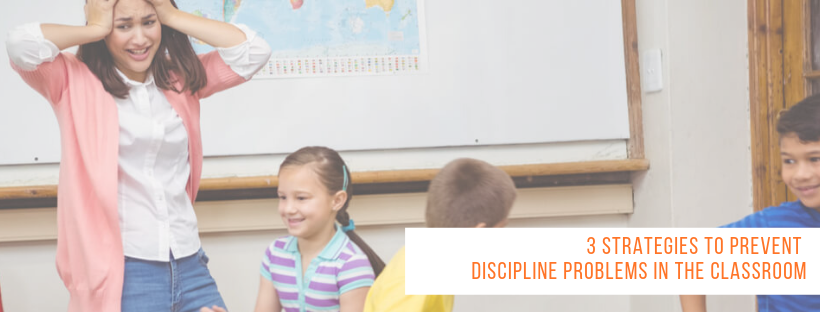1. Establish the purpose of learning
Sometimes the students get bored at school and lose interest in studying because they think that they are learning things that they aren’t going to use in real life. When a lesson is clearly planned and organized there is likely to engage students in learning. Every lesson plan should have a clearly defined learning goal.
Key points to consider:
- Objectives and goals provide sense and purpose to the lesson.
- Students are motivated when they feel secure and safe in an environment that is organized, predictable and structure.
- Students feel more competent and motivated because they know what to do and what to learn.
- Students are motivated when they use their prior knowledge and the content relates to them and the world around them.
- Cross-curricular connections provide students with a sense of content while increasing interest in all classes involved.
2. Use clear instructions
Have you ever found yourself repeating instructions to your students over and over and over again? Problems sometimes arise due to student uncertainty about what they are supposed to be doing.
Some causes of behavior disruptions during giving instructions:
- Unclear and wordy instructions.
- No visual aids.
- Unclear demonstration of instructions.
- The assignments are not consistent with students’ abilities.
- Lack of challenging assignments.
- The expectations are too high.
Tips on how to give instructions:
- Get your students’ attention.
- Use words that are familiar to your students.
- Speak simply but clearly. Use concise words.
- Model instructions.
- Use gestures, facial expressions, voice and visuals to aid meaning.
- Break down instructions when there are several steps.
As students begin the activity, circulate around the classroom to see if they are carrying it out correctly and give help as needed. A simple way to check for understanding involves asking questions.
3. Keep in touch
Be constantly aware of what is going on in the classroom, keeping your eyes and ears open. The teacher presence is extremely powerful. So, the teacher should always be aware of students who are losing interest or getting distracted in order to do something about it before it has become problematic.
Key points to consider:
- Do not stay stagnant in one place or at the front of the class.
- Let students know that you are aware of what are they doing.
- Try to ignore or minimize minor problems instead of disrupting the class.
- Speak in private with students with bad behavior.
- Treat all students respectfully and politely.



